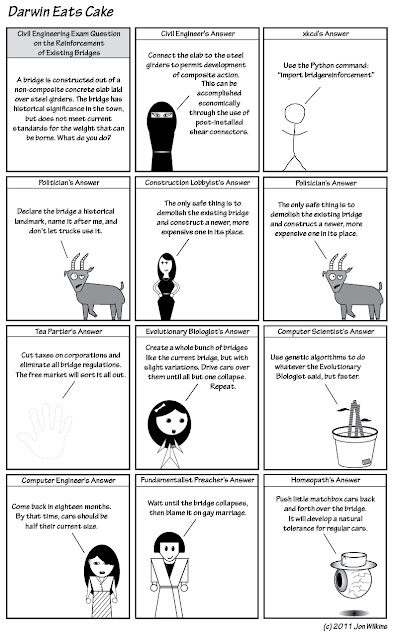So, you know how around every election, and during every Republican administration, there is a constant buzz of liberals threatening to move to Canada?
But, then, you know, things turn out not to be quite so bad. Certainly not bad enough to justify having your kids grow up calling candy bars “chocolate bars.”
And then in 2008, we actually elected a president who was going to bring real change to Washington! He promised a public option as part of a comprehensive health-care-reform package. He promised to make closing down the abomination at Guantanamo a top priority.
Well, here we are in 2011. While most progressives still agree that an Obama administration beats the hell out of a McCain / Palin administration, there is a real sense of disappointment about the promises broken. You don’t hear people threatening to abandon America, however.
(With the exception of Rush Limbaugh, American conservatives don’t tend to express their political rage through threats to leave the country. They’re more likely to express themselves with racism, Nazi comparisons, and fantasies of gun violence.)
There is one man who has had enough, though:
In his 900th issue, Superman returns from protecting non-violent protesters from the Iranian army. When he is confronted upon his return by government officials, he announces his frustration with being viewed as a tool of US policy.
Actually, contrary to the predictable comments on various Fox-news related outlets (no link provided), this is not about anti-Americanism. It is better described as transcending a narrow Americanism. He is still a champion of the “American Way,” meaning the ideals of freedom and democracy. He is just not an instrument of the “American Way,” meaning the economic and political agenda of the United States.
As Scott Thill notes at Wired:
In an age rife with immigration paranoia, it’s refreshing to see an alien refugee tell the United States that it’s as important to him as any other country on Earth — which in turn is as important to Superman as any other planet in the multiverse.
The genius of Superman is that he belongs to everyone, for the dual purposes of peace and protection. He’s above ephemeral geopolitics and nationalist concerns, a universal agent unlike any other found in pop culture.
Somehow, the idea that Superman should only care about America seems vaguely blasphemous, sort of like the idea that Jesus should be taking sides in a football game.
One last thing. A number of commenters have suggested that if he is abandoning America, he needs to change his outfit, which is weird, since he wears primarily red and blue, with a bit of yellow, which would seem to ally him with maybe Chad or Romania.






